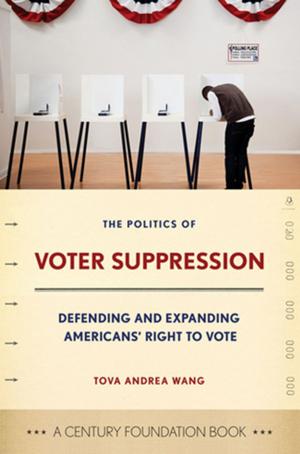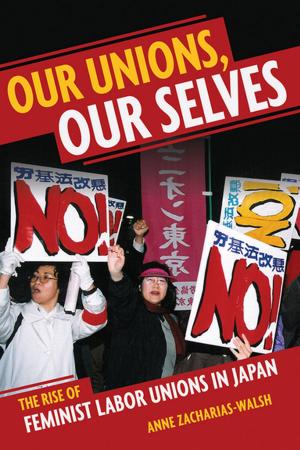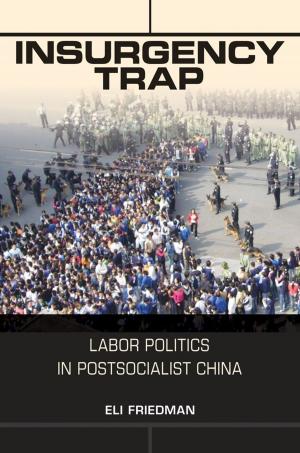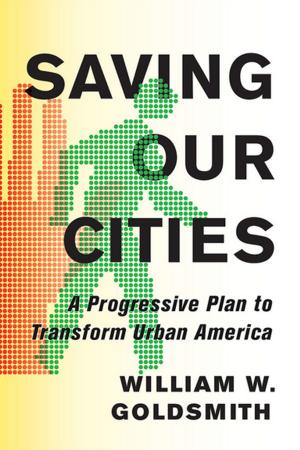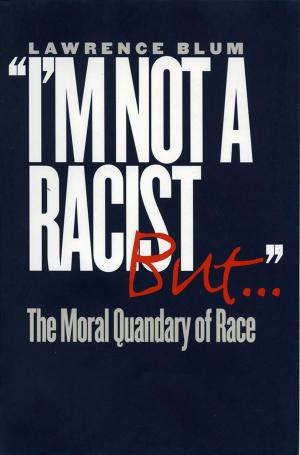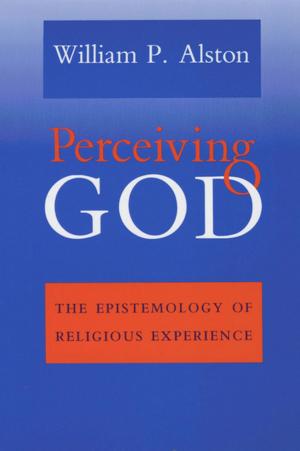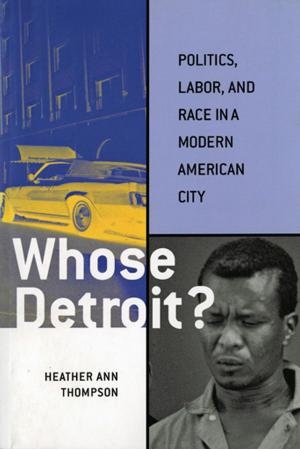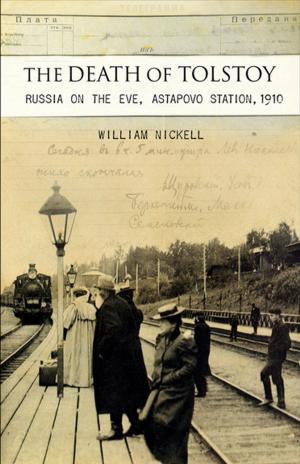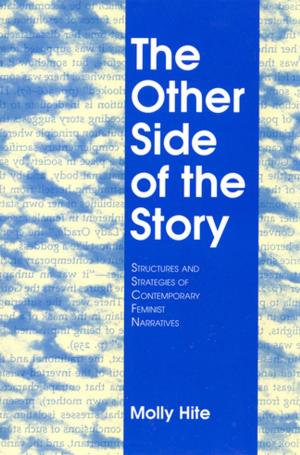War, States, and Contention
A Comparative Historical Study
Nonfiction, Social & Cultural Studies, Political Science, Politics, History & Theory, History, Military| Author: | Sidney Tarrow | ISBN: | 9780801456237 |
| Publisher: | Cornell University Press | Publication: | May 21, 2015 |
| Imprint: | Cornell University Press | Language: | English |
| Author: | Sidney Tarrow |
| ISBN: | 9780801456237 |
| Publisher: | Cornell University Press |
| Publication: | May 21, 2015 |
| Imprint: | Cornell University Press |
| Language: | English |
For the last two decades, Sidney Tarrow has explored "contentious politics"—disruptions of the settled political order caused by social movements. These disruptions range from strikes and street protests to riots and civil disobedience to revolution. In War, States, and Contention, Tarrow shows how such movements sometimes trigger, animate, and guide the course of war and how they sometimes rise during war and in war’s wake to change regimes or even overthrow states. Tarrow draws on evidence from historical and contemporary cases, including revolutionary France, the United States from the Civil War to the anti–Vietnam War movement, Italy after World War I, and the United States during the decade following 9/11.
In the twenty-first century, movements are becoming transnational, and globalization and internationalization are moving war beyond conflict between states. The radically new phenomenon is not that movements make war against states but that states make war against movements. Tarrow finds this an especially troublesome development in recent U.S. history. He argues that that the United States is in danger of abandoning the devotion to rights it had expanded through two centuries of struggle and that Americans are now institutionalizing as a "new normal" the abuse of rights in the name of national security. He expands this hypothesis to the global level through what he calls "the international state of emergency."
For the last two decades, Sidney Tarrow has explored "contentious politics"—disruptions of the settled political order caused by social movements. These disruptions range from strikes and street protests to riots and civil disobedience to revolution. In War, States, and Contention, Tarrow shows how such movements sometimes trigger, animate, and guide the course of war and how they sometimes rise during war and in war’s wake to change regimes or even overthrow states. Tarrow draws on evidence from historical and contemporary cases, including revolutionary France, the United States from the Civil War to the anti–Vietnam War movement, Italy after World War I, and the United States during the decade following 9/11.
In the twenty-first century, movements are becoming transnational, and globalization and internationalization are moving war beyond conflict between states. The radically new phenomenon is not that movements make war against states but that states make war against movements. Tarrow finds this an especially troublesome development in recent U.S. history. He argues that that the United States is in danger of abandoning the devotion to rights it had expanded through two centuries of struggle and that Americans are now institutionalizing as a "new normal" the abuse of rights in the name of national security. He expands this hypothesis to the global level through what he calls "the international state of emergency."

